Strengthening health systems through WASH improvements
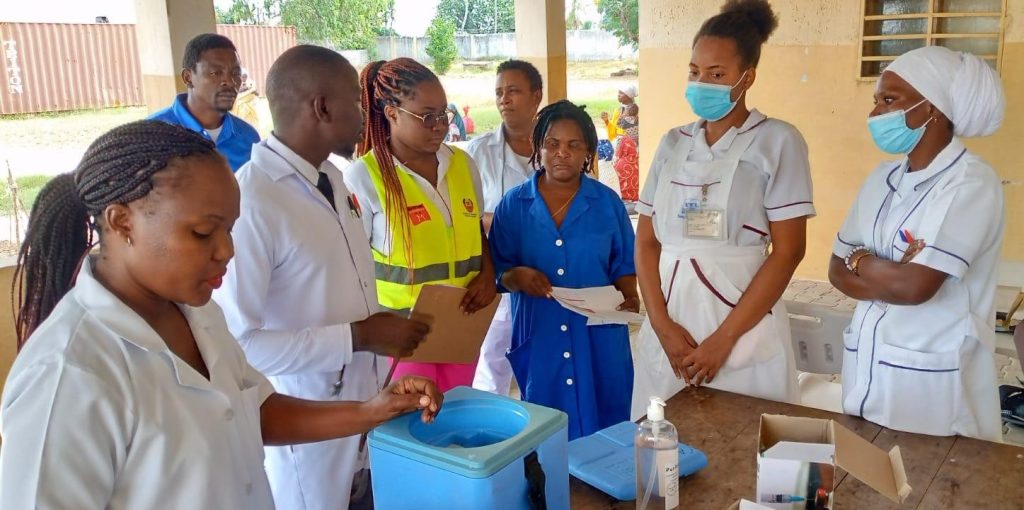
MENTOR is supporting District Health Services to strengthen health systems in northern Mozambique by implementing the WASH Facility Improvement Tool (WASHFIT) in 15 health facilities. Safe water, sanitation, and hygiene are critical to quality healthcare. In partnership with UNICEF Moçambique, we are working together with facility teams in Cabo Delgado and Nampula Provinces to: – […]
Country Brief: South Sudan
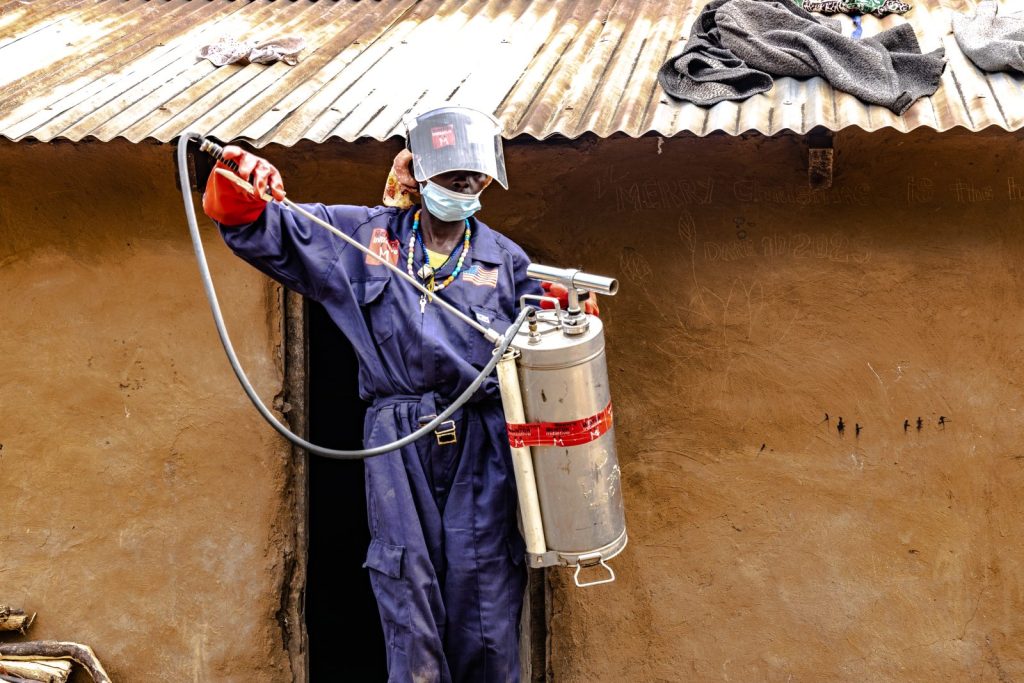
South Sudan faces a severe humanitarian crisis caused by conflict, climate shocks, economic instability, and public health challenges. Floods, droughts, and extreme heat have devastated livelihoods and displaced communities. Intercommunal violence and the influx of over 900,000 people fleeing Sudan have overwhelmed infrastructure and services. Health systems are fragile, with limited access to care and […]
Cholera threat rises after third cyclone in four months hits northern Mozambique
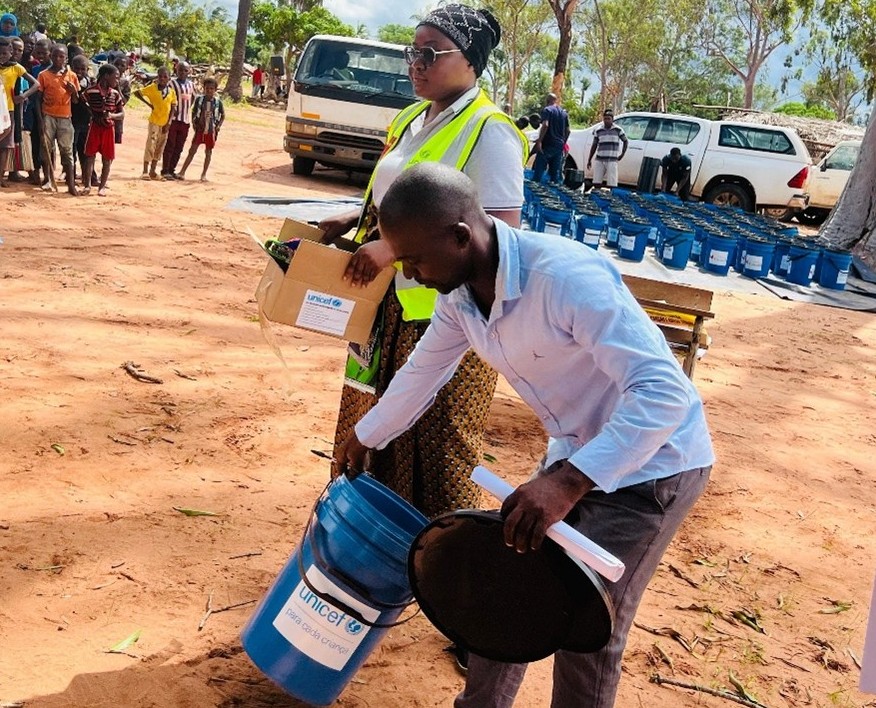
On 10 March Cyclone Jude made landfall in Nampula Province, Mozambique devastating communities already struggling to rebuild their lives after cyclones in December (Chido) and January (Dikeledi). High winds and heavy rain have made roads inaccessible, damaged infrastructure such as schools, water systems and health units, and led to power outages across the area. The […]
Project brief – Gaza Lifeline: Integrated food, WASH and protection project
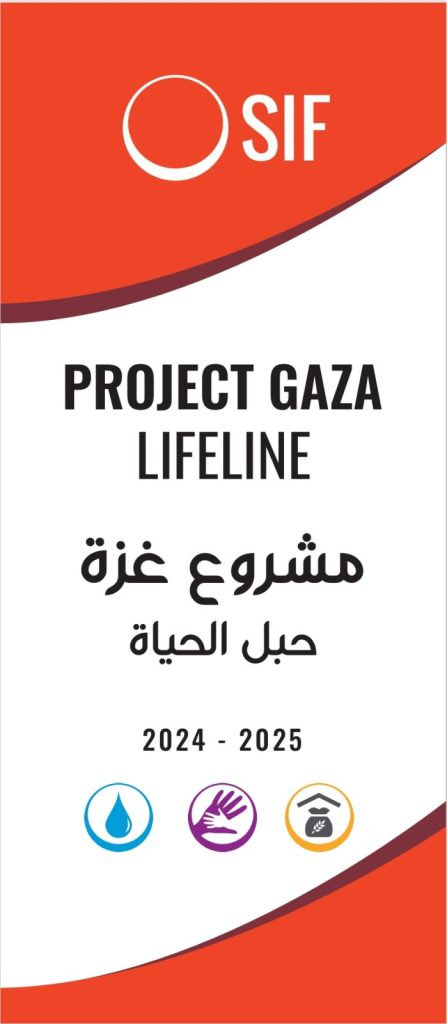
The Gaza Strip faces a severe humanitarian crisis due to ongoing conflict, which escalated significantly in October 2023. The region’s health infrastructure is devastated, with 58% of hospitals non-functional and 78% of primary care clinics closed. This has led to outbreaks of diseases such as hepatitis A, respiratory infections, and skin conditions. Essential infrastructure has […]
Ensuring safe drinking water in Cabo Delgado Province
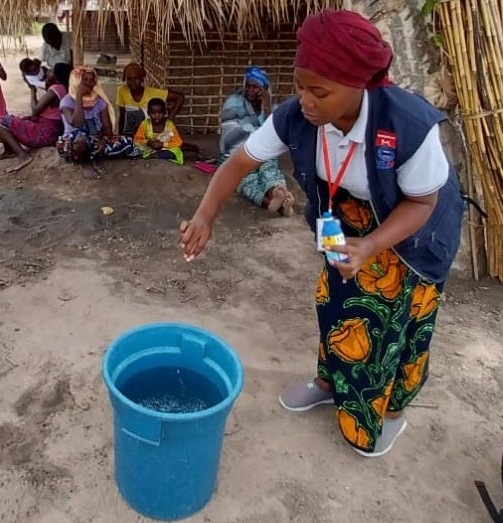
Water-borne diseases from unsafe drinking water are a significant risk for people in fragile settings and especially dangerous in children under five-years old. In low-income settings diarrhoeal diseases such as cholera and typhoid are the second leading cause of death in young children. (source: WHO) Water purification using chlorination is one simple, cost-effective solution to […]
New WASH and nutrition programme in Batangafo, Central African Republic

Despite recent events in the humanitarian sector, we remain committed to deliver lifesaving disease control and healthcare, supporting communities in most need. In Central African Republic, the MENTOR team knows no boundaries to continue delivering activities. In Batangafo they must use canoes to access health facilities located on the other side of the river, after […]
New WASH programme in Gaza
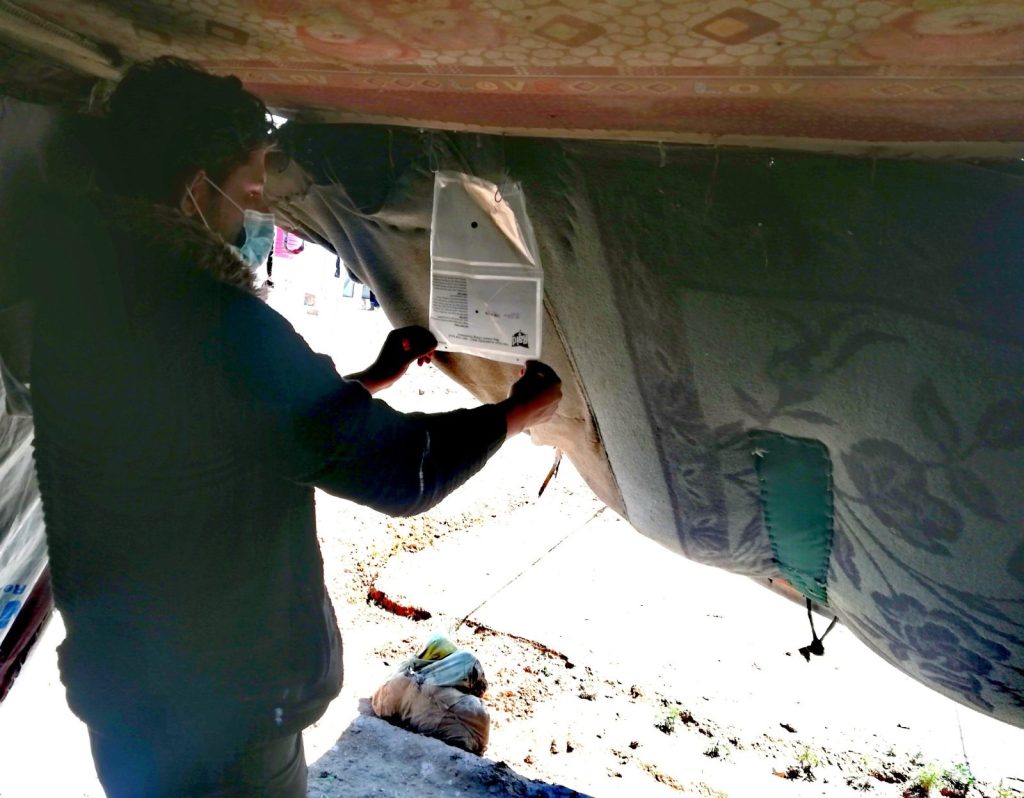
A new partnership with Secours Islamique France aims to increase access to water and sanitation for people displaced by the war in Gaza. Over 1.7 million people have been forcibly displaced multiple times since the conflict began 15 months ago. The latest update from the Gaza health ministry and UN OCHA report at least 45,936 […]
Increasing access to water in IDP camps in Cabo Delgado
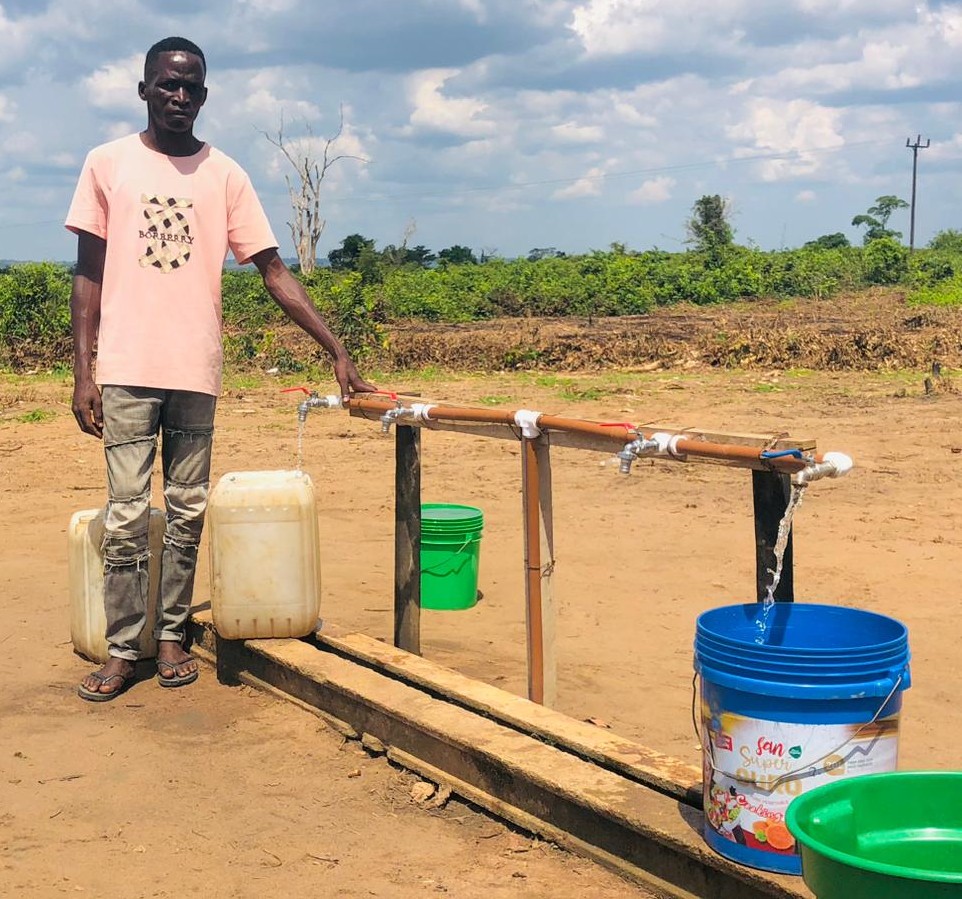
For families arriving in Internally Displaced Person camps in Cabo Delgado, Mozambique the lack of access to water is a significant concern. It not only limits the availability of drinking water but also increase the risk of diseases linked to poor hygiene. To address the critical need for water, MENTOR is informed when families who […]
Annual meeting for global tropical research, 13 to 17 November 2024
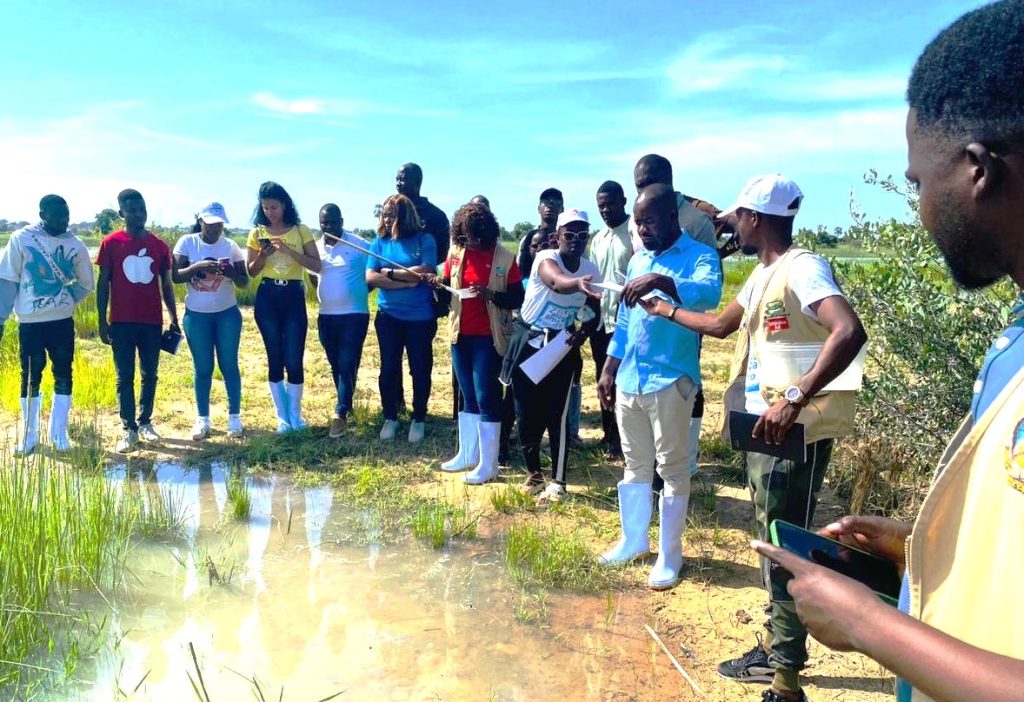
The MENTOR Initiative is back at the American Society of Tropical Medicine and Hygiene (ASTMH) annual meeting sharing insights from our programmes and learning from important research from across the world on tropical diseases management. MENTOR is once again presenting research on a range of topics aimed at showcasing our work in some of the […]
Improving water and hygiene in schools affected by conflict
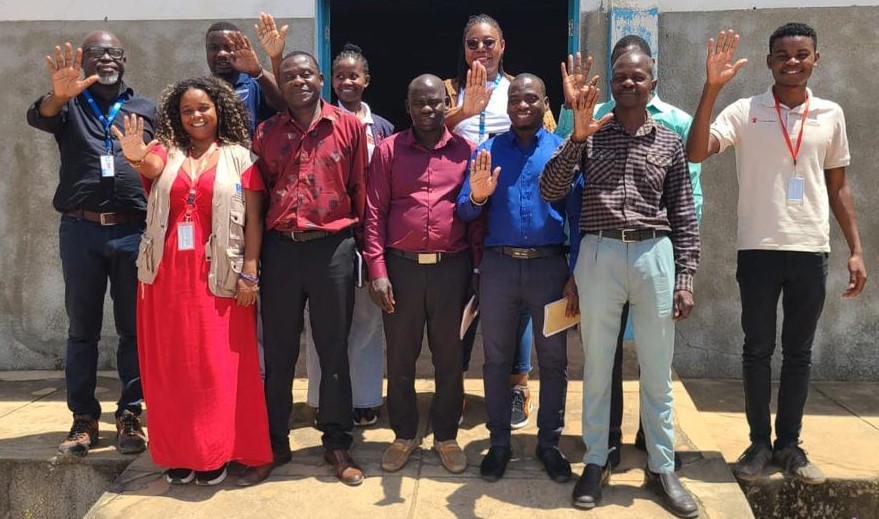
The second phase of a programme to increase access to safe, quality, and inclusive education and protection services for children affected by conflict recently begun in Cabo Delgado, Mozambique. MENTOR is responsible for rehabilitating boreholes, latrines and building water stations to improve access to water and hygiene in schools severely affected by armed conflict and […]
